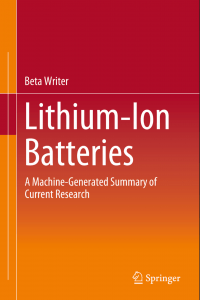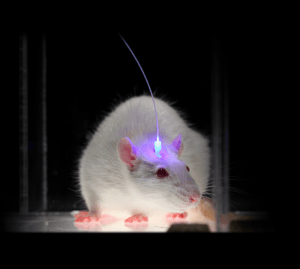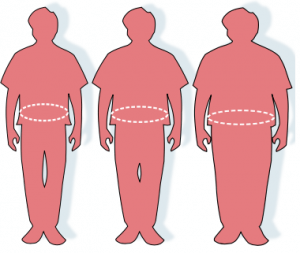There is something oddly captivating about superlatives. What is the biggest? The fastest? The cleverest? This article covers one in particular, the oldest.
As a benchmark, human life expectancy is on average 72 years as of 2016 (WHO).… Read the rest




